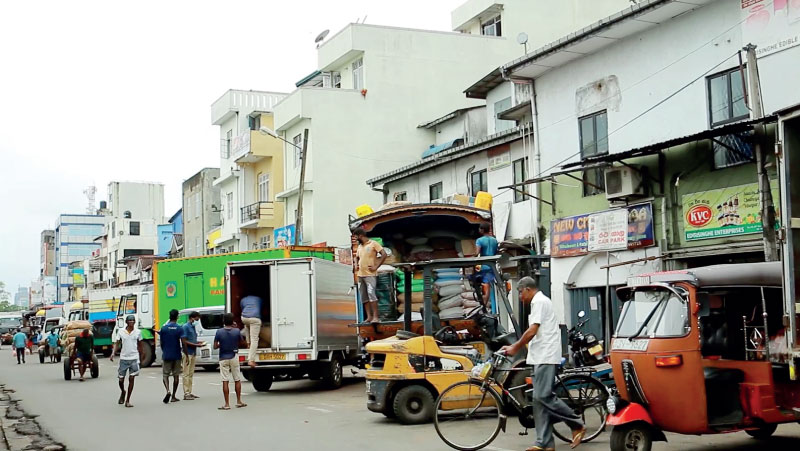Wednesday Feb 18, 2026
Wednesday Feb 18, 2026
Monday, 14 February 2022 00:30 - - {{hitsCtrl.values.hits}}

By Kushlani De Silva
Non-governmental organisations (NGOs) grew in prominence in the spheres of human and social development over the past five decades. Whilst their objectives and actions at the outset were deemed noble, difficulties to obtain funds have tipped the balance and many such agencies – even of global repute – have disintegrated into the business of making money with scant regard to the sacred principles they espoused. Treading on the toes of all and sundry for personal gain has become mere formality.
With time, the severity of these incursions has grown from local to regional and international ventures that encompass geopolitical engagements that violate sovereignty and territorial integrity of some nations – especially in the so-called ‘third world’. Who will police the police?
For instance, in April of 2019 the Charity Commission in the UK began formal investigations into alleged violence against indigenous people in Asia and Africa perpetrated by the UK office of the World Wild Fund for Nature (WWF), one of the largest international NGOs in the world – and ironically engaged in nature conservation. A similar report found Oxfam covered up investigations into staff paying for sex and incidents of child abuse in Haiti from 2010. Institutions like the World Health Organization have been criticised for dressing up reports to secure donor funding to keep alive projects that have long lost their purpose.
The above incidents involve critical aspects such as the environment, child welfare and public health, perpetrated by some of the largest and most established agencies in the world. However, with the evolution of the global economy and geopolitical considerations, the incursions have taken new shape and extend into commercial and regulatory considerations of nations. In short, NGOs have begun using local agents and machinery to dictate policy to some nations and how they must govern. This constitutes a breach of territorial integrity.
The effects are visible here in Sri Lanka as well, as several new NGOs have cropped up governing health, child and consumer rights in recent years. They even hold power to manipulate political sentiment, but the Government and consumers must share the blame for creating room to proliferate in the face of significant funding, support and access.
Recently reports emerged of agents funded by the Cape Town University and the University of Illinois in Chicago using local government agents to try to influence cigarette pricing as per a pricing formula devised by them. The proposal even reached the Cabinet of ministers, showcasing the influence and access they wield. If implemented, this would have signalled the ultimate betrayal of Sri Lanka’s authority and control. It would have been an unprecedented action and opened the floodgates for many other industries to fall victim to vested agents for their financial and political gain. Such actions would also serve to severely hamper affordability and access to products for local consumers.
Several government agencies regulating products and services are now increasingly targeted by foreign NGOs that focus on countries like Sri Lanka. Countries such as ours with troubled dispositions have become their bread and butter and we their gullible followers. For money-minded agents clamouring for survival and morally unsound sources of income, the best interests of the nation mean little. The public must join the discourse to prevent their occurrence.
It is events such as these that have resulted in NGOs and campaign groups around the world being curtailed by restrictive laws. Many countries have affected controls and passed or drafted regulations to shut down or control NGOs, including in India. Sri Lanka too needs to take a harder look at the functions of some organisations and the impacts of their actions on civil society and the economy.
NGOs must be compliant to national and international laws, in addition to upholding their own espoused codes of conducts and vision. The growth of NGOs and their influence alongside their want for continuity have led to a breakdown in accountability and goodness. As mooted before at global forums, the absence of an international framework on rights and responsibilities that govern NGOs make them difficult to hold to account. The problem is compounded when it involves agencies affiliated to the UN, but this is not a cause for excuse.
As published by the UK’s Charity Commission during its investigation into Oxfam, it found the handling of the allegations “was influenced by a desire to protect Oxfam GB’s reputation, and to protect the donor and stakeholder relationships”. Money over morals is not the way.